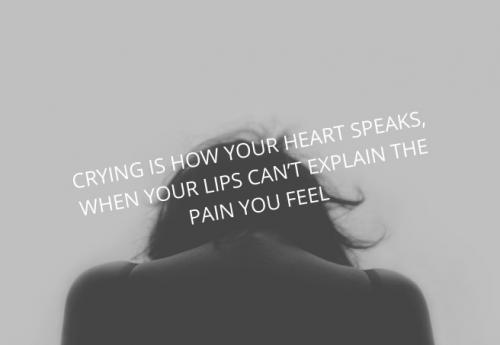What Is National Grief Awareness Day?
Grief is a human experience that we all will encounter at some point (or more likely, points) in our lives, and yet it’s something we don’t often talk about. That’s why, on August 30th, we should all take a moment and acknowledge National Grief Awareness Day and appreciate the fact that it gives us an opportunity to think about and hopefully talk about grief and loss.
What Is Grief?
Grief is the process, the emotions, the experience that you have after a loss. And as unique humans, we will all experience grief in our own unique way. Your experience is not better or worse than anyone else’s. Grief is not a competition of who grieves fastest or slowest. It’s not a competition between who grieves the deepest or hurts the most. Each person’s process is their own.
What Are Some of the Common Causes of Grief?
Probably the first thing that comes to mind when we think of grief is the death of a loved one. This is truly a great loss, but it’s important to remember that grief can come from a variety of different losses, including:
- Divorce/Separation
- Loss of health (illness/disease)
- Loss of a job
- Financial loss
- Miscarriage
- Death of a pet
- Loss of a friendship
- Loss of a dream
- Loss of a home
Any of these, and many more that aren’t on this list, can cause grief. The important thing to remember, is that a loss is a loss — if it’s a loss to you.
What Are the Five Stages of Grief?
In her research on death and dying, Dr. Elisabeth Kübler-Ross, identified five stages that people go through when they experience any significant personal loss. These stages can be experienced in any order and for any length of time.
The five stages of grief are:
- Denial
- Anger
- Bargaining
- Depression
- Acceptance
How Can Grief Affect Your Body?
We do everything we can to avoid it, so it should be no surprise that it can be hard to articulate feelings of loss and pain.

This is why it’s even more imperative that we are mindful of what grief looks like. Symptoms of grief are as different as the people that experience them and can include:
- Sadness
- Guilt
- Anxiety
- Fatigue
- Nausea
- Weight change
- Change in sleep
- Aches and Pains
Where to Seek Mental Health Help for Grief
It’s worth saying again, the process of grief is uniquely your own. Just as the symptoms of grief vary person to person, the best way to process your grief will depend on you. Some people will want to turn to friends and family. Some people will lean on their faith and their spiritual community and others will seek out a therapist to help them navigate their grief.
Grief Therapy from Elemental Mental Health
If you are seeking an experienced therapist to help you work through your loss and grief. Dr. Alyx MacTernan is available and offers secure online counseling sessions for residents of California, Georgia, Florida, and Texas. Fill out the website contact form to learn more.
